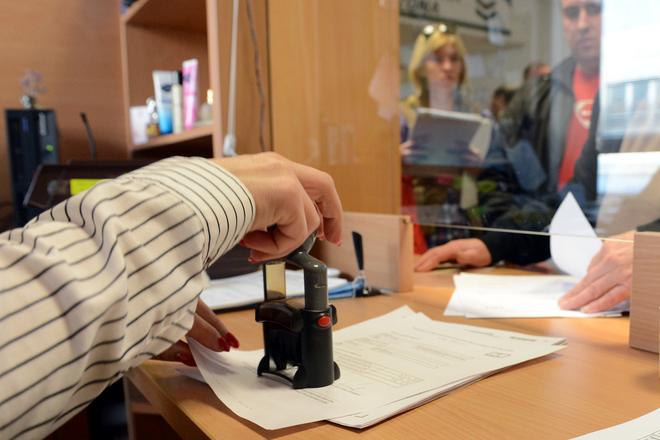Despite years of promises, people acted as delivery persons between state offices, bringing various state offices the same documents even though offices were supposed to find the documents in the online registers due to the informatisation process.
A new law is changing that, however. The government has taken the first step in the form of a new law against bureaucracy that came into force on September 1, 2018. Public servants should no longer require an extract from business, trade and land registers. Moreover, as of January 1, 2019, state offices will not ask people to deliver an extract from criminal records.
“We’re facing a new era of communication between people and entrepreneurs and offices which act as a prolonged arm of the state,” said Deputy Prime Minister for Investments and Informatisation Richard Raši in late August 2018, stressing that the law is expected to change the thinking of public servants.
Though the representatives of entrepreneurs addressed by The Slovak Spectator welcome the changes, they are calling for more documents to no longer be required.
“No office should require any information which is already possessed by another office or institution within the public sector, from individuals or entrepreneurs,” Ján Oravec, president of the Entrepreneurs Association of Slovakia, told The Slovak Spectator. “This is a general principle all politicians claim allegiance to. The law against bureaucracy is a retreat from this principle.”
As he explained, the efficiency of the new law is degraded by the fact that only three extracts are not required after September 1, and their number will increase by only one more as of next January.
A big step forward
Individuals and entrepreneurs were asked for about one million extracts in 2017, as Raši wrote in his opinion piece for the Hospodárske Noviny daily in early September 2018. Thanks to applying the so-called once-only principle, people are expected to save more than €13 million a year on administrative fees and travelling costs and more than 600,000 hours currently spent in queues. The new rules impact about 40,000 state office workers.



 Illustrative stock photo (source: TASR)
Illustrative stock photo (source: TASR)